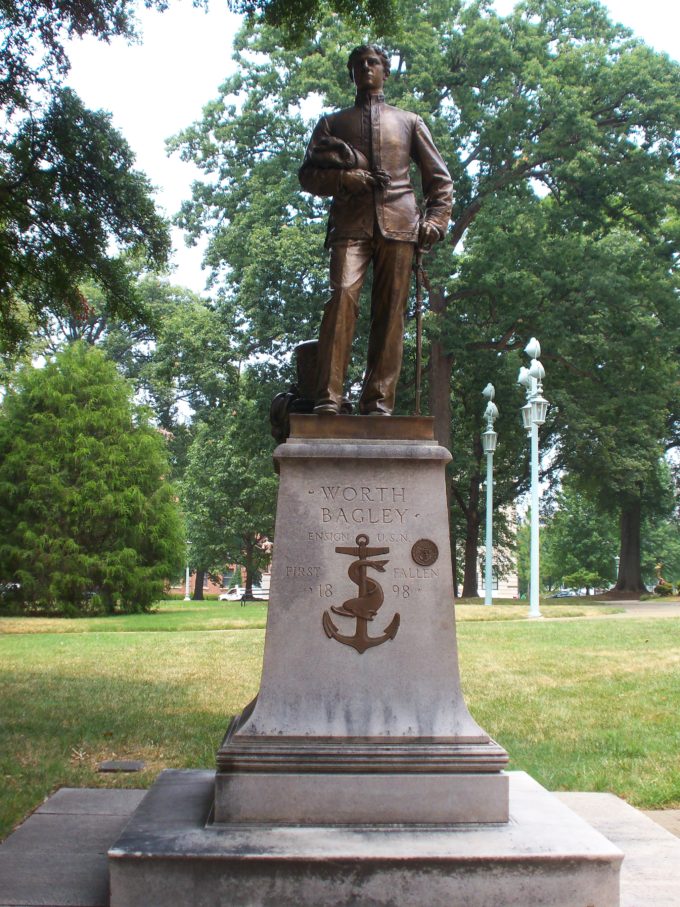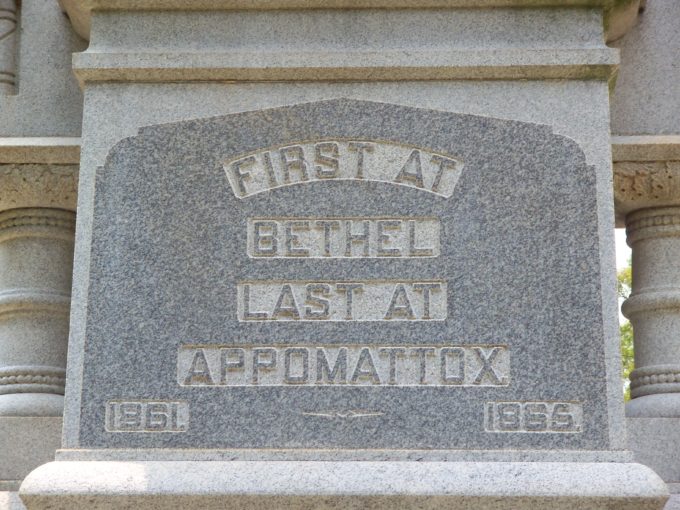
Tuesday, 2 July 2019
Listen, my beloved brethren: Has God not chosen the poor of this world to be rich in faith and heirs of the kingdom which He promised to those who love Him? James 2:5
James now appears to make a sudden departure from his previous words. It is not a departure in thought though. Rather, it is a departure in style. He has been speaking about not demonstrating partiality. He then gave the example of showing favoritism by showing preference to a rich, well-dressed man over a poor, raggedly-dressed man. His words, however, are not a departure.
Instead, they are given to expand upon that thought as he speaks of the customary attributes of the rich and the poor. From there he will talk about precepts from the Law of Moses, and how those precepts pointed to the need for a merciful attitude, which will then triumph over judgment – the exact thing he just spoke of in the previous verse, which was of a person who “judges with evil thoughts.” Therefore, James’ coming words follow naturally to complete the very thought he has just conveyed.
Understanding this, he begins with, “Listen, my beloved brethren.” It is a call to attention, asking his audience to pay careful heed. Again, as he has already done, he used the term “brethren.” It is to believers in Christ that he is speaking. He next begins his statement to which he has called them to attention, by saying, “Has God not chosen the poor of this world…?” The same idea is presented by Paul in 1 Corinthians 1:27-29. There Paul explains why God has done this –
“For you see your calling, brethren, that not many wise according to the flesh, not many mighty, not many noble, are called. 27 But God has chosen the foolish things of the world to put to shame the wise, and God has chosen the weak things of the world to put to shame the things which are mighty; 28 and the base things of the world and the things which are despised God has chosen, and the things which are not, to bring to nothing the things that are, 29 that no flesh should glory in His presence.”
Going on, James says that God has “chosen the poor of this world to be rich in faith.” Faith comes by hearing, and hearing by the word of God. Rich people will often not take the time to hear something which detracts from their ability to get richer. Or, they may feel so comfortable in their wealth that they don’t even need to waste their time with something that won’t profit them further in this world which has handed them so much. They are so busy thinking about their life of ease that there is no need to think about things so trivial as an uncertain “hope” of something coming after death.
On the other hand, the poor are tired of the world – of being beaten up by the world, of fighting for every morsel of food, of being trivialized, and so on. They have no hope in this world, and so they are willing to consider that a better life ahead is their only hope of joy. And so they seek after that possibility. Some think they find it in one religion or another, but those who find it in the truth of God’s word which speaks of Christ are truly blessed. They have come to the true Source of hope and joy. In this they become rich in faith, having obtained the eternal promise. They have, as James says it, become “heirs of the kingdom.”
That which was promised at the very moments after the fall of man is realized in Christ. Adam was to reign over the world, having dominion over all the works of God’s hands which he sees. But he fell and lost that right. Christ Jesus retrieved it through His perfect obedience to the Father. Now, that kingdom is assured for all who have put their faith and trust in Him. Paul speaks of this kingdom often, such as –
“He has delivered us from the power of darkness and conveyed us into the kingdom of the Son of His love, 14 in whom we have redemption through His blood, the forgiveness of sins.” Colossians 1:13, 14
It is this kingdom, as James says, “which He promised to those who love Him?” We have an explanation of the words, “those who love Him,” from the hand of John –
“For this is the love of God, that we keep His commandments. And His commandments are not burdensome.” 1 John 5:3
What John is speaking of here is not the commandments of the Law of Moses. Paul explicitly negates that premise in 1 Corinthians 7:19 when he says, “ Circumcision is nothing and uncircumcision is nothing, but keeping the commandments of God is what matters.” Paul says that “Circumcision is nothing.” As circumcision was a command found within the Law of Moses, he cannot be speaking of the Law of Moses. Rather, to keep the commandments of Christ the Lord is to be obedient to the words of Christ. It is He who fulfilled the law, and it is He who established a New Covenant, setting aside the Old.
To those who love God, who are willing to put aside self, and who trust in the Lord Jesus alone for their salvation, God has promised His kingdom. And for those who have done so, the promise is obtained. It may be yet future, but it is surer than the wealth of the rich. Their riches will disappear with them, but the eternal riches which lie ahead in Christ will never fail.
As a point of doctrine, one could spend all day asking if God’s election of the “poor of this world” is active or passive, but there is no need. It is – as revealed throughout Scripture – passive. The rich people of the world are usually too caught up in the world to stop and consider their state before God. The intelligent are too often “too smart to need God.” And so on. However, the poor don’t have such things, and their hope is placed in God for wisdom, intelligence, an inheritance, etc. In their coming to God through faith, they are then “chosen” by God.
James’ words do not negate the concept of free will. Rather, they establish it. How can we know this is true? Because there are some wealthy believers. There are some wise believers. There are some noble believers. And so on. If the words of James and Paul were true across the board, then one might argue that God has purposefully picked only those in the categories mentioned. But such is not the case.
Life application: The words here contain one of the wonders of God’s workings in humanity. All people are separated from God because of their sins. This is just the way it is. But God sent His Son to reconcile us to Him. In order to receive this, we need to acknowledge that we can’t save ourselves and that we are totally dependent on His mercy through Jesus Christ.
The problem is that those who are rich naturally feel secure and also competent to handle all of life’s problems, including reconciliation with God. This leads to smugness about God and a careless attitude towards salvation – “I’ve got it all under control.”
In a similar fashion, people tend to feel that God will look on them differently than the next guy who has such obvious faults. But God doesn’t grade on a curve and salvation is not human origin. The poor will understand this.
And so it is that the poor, the weak, the lowly, and the broken are those who come to Jesus in faith, completely empty-handed. “O God, is there room for me?” It is when one comes to God through Jesus in this manner that God is exalted.
When someone arrives with a list of their great accomplishments, wealth, or fame then God receives no glory – and they receive neither mercy nor salvation. God longs to look on the lost sinner and lavish His grace upon him, if he will only drop every pretense that blocks the way.
“Therefore the Lord will wait, that He may be gracious to you;
And therefore He will be exalted, that He may have mercy on you.
For the Lord is a God of justice;
Blessed are all those who wait for Him.” Isaiah 30:18
Thank You Lord Jesus, for looking down on us, even us. We are sinful souls and beggars with empty hands, and yet you have granted us Your salvation through the work You accomplished. May we never boast in anything but the cross You bore. This we ask that You alone will be exalted for Your great and mighty deliverance, wrought on our behalf. Amen.





